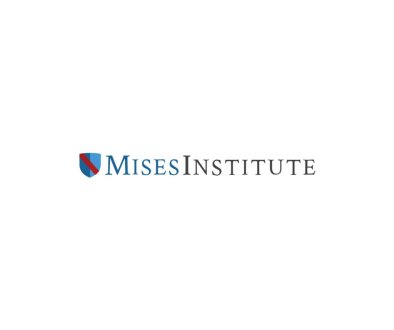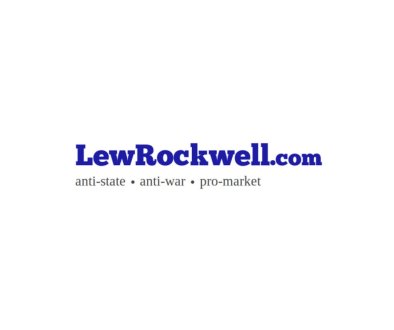These 8 Cardinals May Succeed Francis. Here’s What They Believe
Introduction by Bishop Joseph Strickland
Please read through this article prayerfully. As we look ahead to the next conclave, I urge you to pray fervently for the election of a truly Catholic pope. The Church is in a time of great trial, and we must be vigilant in guarding the faith that has been handed down to us.
While we know that the Holy Ghost assists us in the governance of the Church, He does not override the free will of men. It is possible for cardinals to elect someone who does not truly uphold the Catholic Faith, and if a man who has publicly embraced heresy were to be elected, he could not be a true pope. As St Robert Bellarmine and others have taught, a heretic cannot be the head of the Church because he is not a member of it.
Therefore, we must pray with great urgency — not only that the conclave chooses a worthy successor to St. Peter — but also for clarity and wisdom in recognizing whether the man elected is truly the pope. In these confusing times, we must remain steadfast in the unchanging truths of our faith, knowing that Our Lord will never abandon His Church.
Let us turn to the Blessed Virgin Mary, St. Peter and all the saints, asking for their intercession in this most critical matter.
Bishop Joseph E. Strickland,
Bishop Emeritus
The cardinals will soon enter a new conclave, yet it remains unclear whether the man who will emerge will be a legitimate Successor of St. Peter.
An article recently published by LifeSiteNews reminds us that the papacy is a divine institution and was established by Our Lord Jesus Christ to achieve specific ends according to His divine will.
If we approach the election of a pope as we approach the election of a political leader, or if we view it as a contest between “liberals” and “conservatives,” we will have fundamentally misunderstood the nature of the office.
As another recent article explained:
The power and authority of the Roman Pontiff is immediate in the sense that it is received immediately from Christ and not through the agency of another person or groups of persons. [1]
According to the current law of the Church, it is the cardinals who elect the pope. Yet it is always Our Lord Jesus Christ who confers jurisdiction on the elected candidate:
It is left to the Church to elect, or otherwise designate, the person who then obtains the power of universal jurisdiction by virtue of divine institution, i.e., immediately from Christ, not from those who have elected him. [2]
It is the teaching of the Catholic Church that only a member of the male sex who is in possession of the use of reason and is a member of the Catholic Church can be elected pope. A member of the Catholic Church is one who is (i) baptized, (ii) publicly professes the Catholic faith and (iii) is subject to the lawful hierarchy. The non-baptized, public heretics, public schismatics, and public apostates are not eligible for election.
Our Lord will only confer papal jurisdiction on a man who fulfils the conditions which He has established. He will not confer it on an ineligible candidate, even if the cardinals were to choose such a man.
As the conclave approaches many will want to know more details about the cardinals who are regarded as papabile. In this article LifeSiteNews offers short profiles of eight men who are spoken of as being among the main contenders.
These profiles are not intended to endorse any candidate or to imply that they are members of the Church and eligible for election. They a
Article from LewRockwell

LewRockwell.com is a libertarian website that publishes articles, essays, and blog posts advocating for minimal government, free markets, and individual liberty. The site was founded by Lew Rockwell, an American libertarian political commentator, activist, and former congressional staffer. The website often features content that is critical of mainstream politics, state intervention, and foreign policy, among other topics. It is a platform frequently used to disseminate Austrian economics, a school of economic thought that is popular among some libertarians.



